Last updated on August 27th, 2024 at 09:59 pm
There are many types of sentences in English grammar, and the Interrogative Sentence is one of them. Interrogative Sentences deal with questions, and we need to use them whenever we ask questions to another person. In other words, we can say questions and interrogative sentences are closely connected. Now let us know the definition of this type of sentence.
What Is an Interrogative Sentence?
Quick Navigation
A sentence that asks a question and ends in a question mark (?) is called an Interrogative Sentence. Interrogative sentences are used to ask questions and make requests for information. Unlike assertive sentences that provide statements, interrogative sentences seek information from the listener or reader. Let us see some examples of interrogative sentences.
- Do you love me?
- Will you help the poor boy?
- What is your favorite food?
- Have they played today?
- Did we follow the commandment?
Note: All the sentences ask questions and end in questions mark.
Let us see the affirmative and negative forms:
| Affirmative | Negative |
| Will you help me? | Will you not help me? |
| Does he take his dinner? | Does he not take his dinner? |
| Did she know you? | Did she not know you? |
| Have you read the book? | Have you not read the book? |
| Can you lend me some money? | Can you not lend me some money? |
Structure: Auxiliary Verb+ Subject+ Main Verb+ Object
Major Characteristics of Interrogative Sentences
Two key characteristics that differentiate the interrogative sentences are:
- Question Mark: Interrogative sentences always end with a question mark (?) to indicate that a question is being asked.
- Inversion of Subject and Verb: In most cases, interrogative sentences involve the inversion of the subject and the auxiliary verb. For example, in the sentence “Are you coming?”, the subject “you” follows the auxiliary verb “are.”
Types of Interrogative Sentences
There are several types of interrogative sentences, each serving a specific purpose:
Yes/No Questions
These questions are designed to receive a simple “yes” or “no” answer. They typically start with an auxiliary verb (is, are, do, does, etc.). Let’s see some examples:
- Do you like coffee?
- Are you happy to see your friend?
- Did you enjoy the cricket match?
- Have we been there before?
- Does he accept your friend request?
Wh- Questions
These questions start with question words like who, what, where, when, why, and how. They are used to gather specific information. Let’s see some examples:
- What time does the meeting start?
- Where are you from?
- When did he leave the place?
- Why do you take too much time to answer this question?
- How does time fly rapidly?
Alternative Questions
These questions offer two or more possible answers, usually connected by “or.” Let’s see some examples:
- Would you like tea or coffee?
- May I leave or wait?
- Have you stayed here or gone to your home?
- Will you speak or keep silent?
- Can you give me the book or pen?
Tag Questions
Tag questions are short questions added to the end of a declarative sentence to confirm information. Let’s see some examples:
- You’re coming to the party, aren’t you?
- He is your brother, doesn’t he?
- We are good friends, aren’t we?
- They have watched the movie, haven’t they?
- She saw a beautiful bird yesterday, didn’t she?
Examples of Interrogative Sentences
Let us see some examples below so that we can quickly identify this type of Sentence:
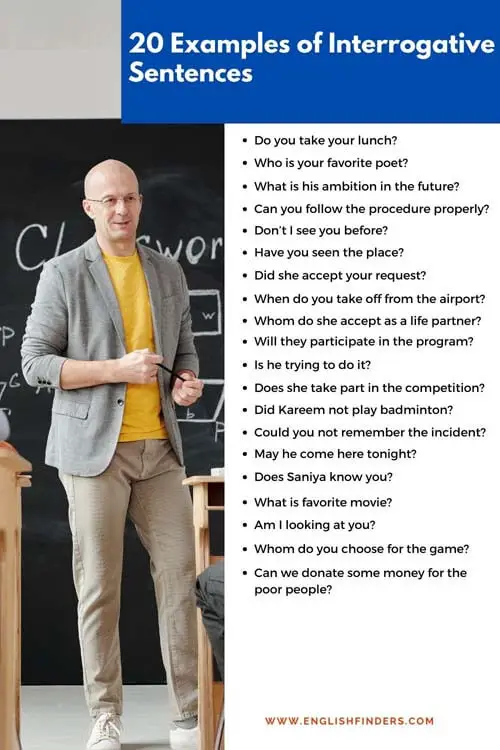
- Do you take your lunch?
- Who is your favorite poet?
- What is his ambition for the future?
- Can you follow the procedure properly?
- Don’t I see you before?
- Have you seen the place?
- Did she accept your request?
- When do you take off from the airport?
- Whom does she accept as a life partner?
- Will they participate in the program?
- Is he trying to do it?
- Does she not take part in the debate competition?
- Did Kareem not play badminton?
- Could you not remember the incident?
- May he come here tonight?
- Does Saniya know you?
- What is your favorite movie?
- Am I looking at you?
- Whom do you choose for the game?
- Can we donate some money to poor people?
Interrogative Sentences Quiz

Azizul Hakim is the founder & CEO of englishfinders.com. He is a passionate writer, English instructor, and content creator. He has completed his graduation and post-graduation in English language and literature.

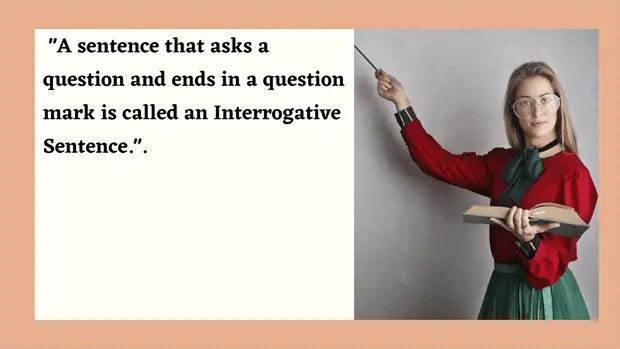

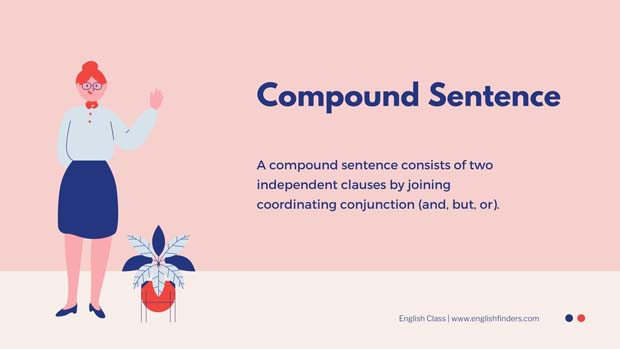
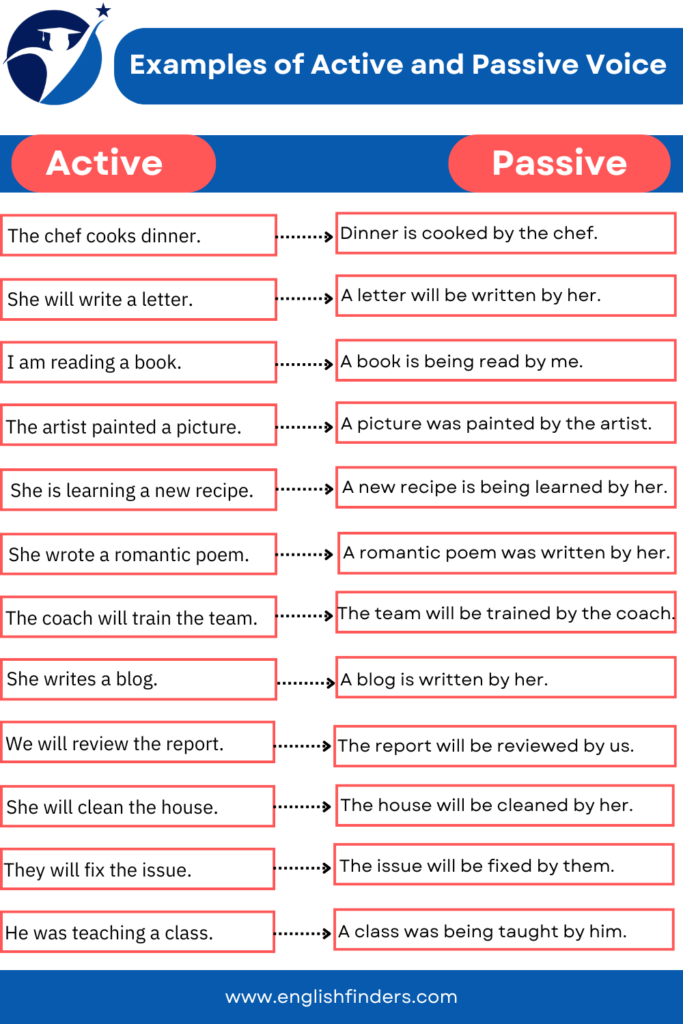
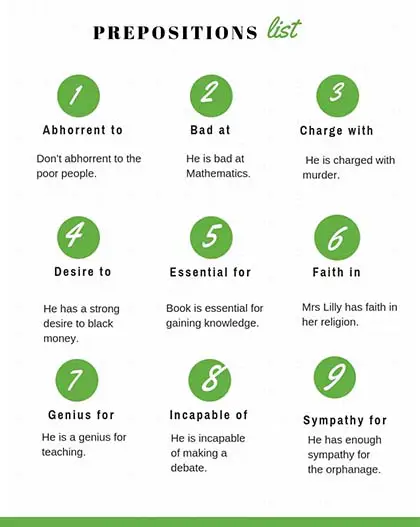
Thank you for your online through